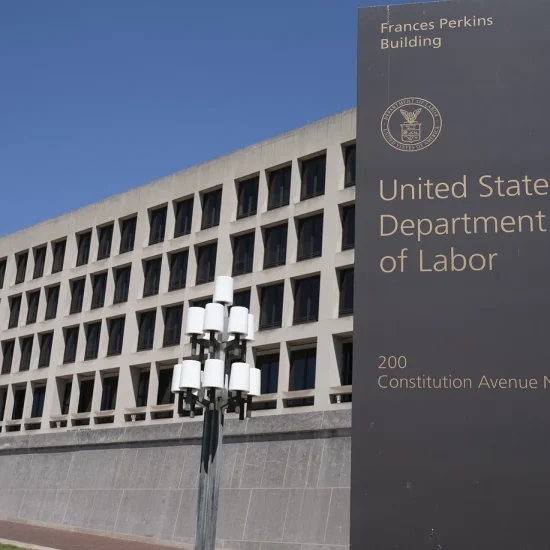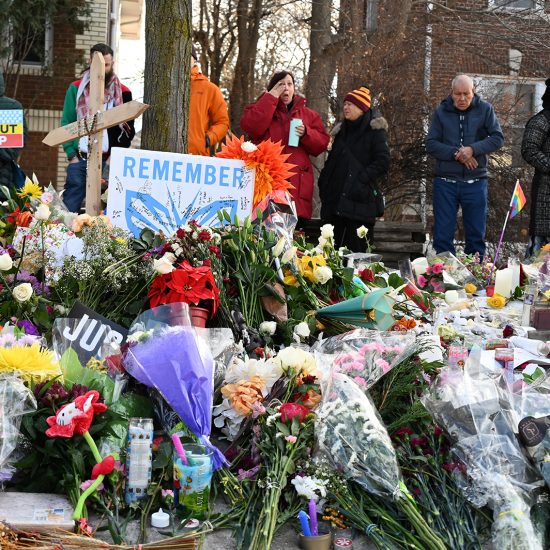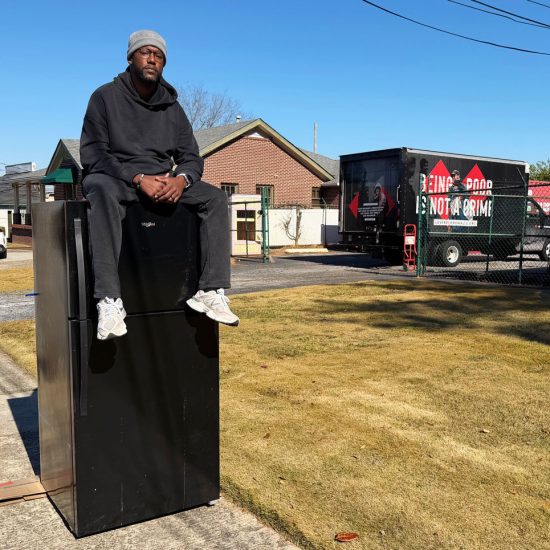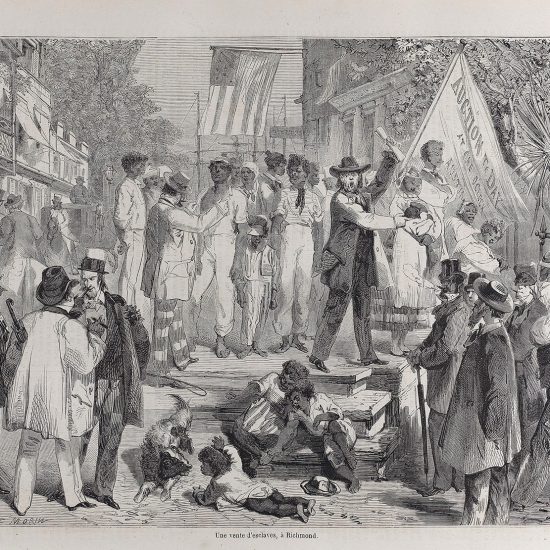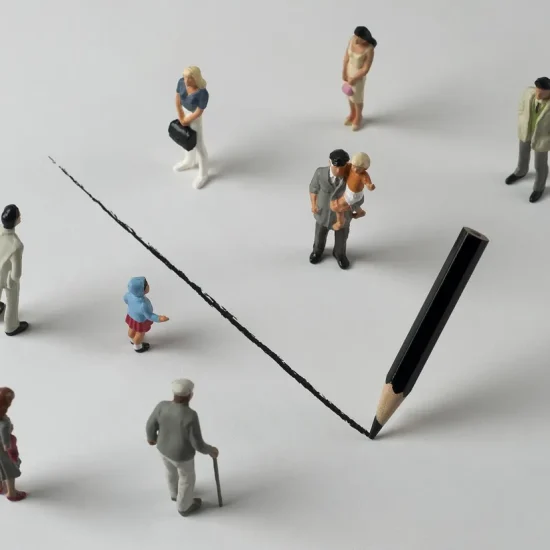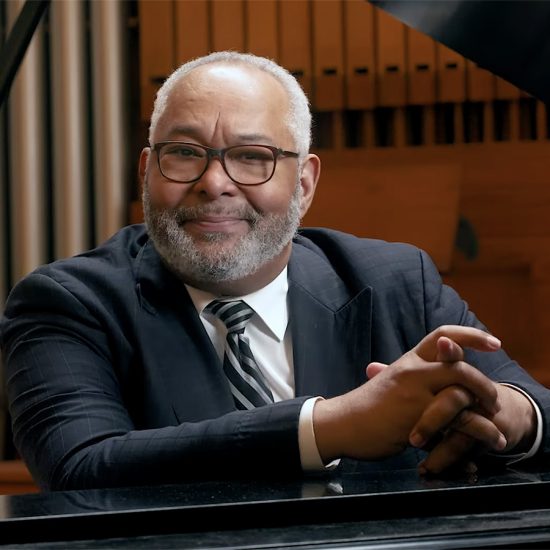
The pastor of Vice President-Elect Kamala Harris’s Baptist church praises her as “human decency and dignity at its best.” Amos C. Brown, a longtime civil rights activist who has pastored Third Baptist Church of San Francisco since 1976, made the comments in a Word&Way interview for the latest episode of the award-winning podcast “Baptist Without An Adjective.”
“She is a woman of enlightenment and intelligence,” Brown said of Harris. “She has been engaged with the people. She was my campaign manager when I ran for re-election to the Board of Supervisors here in the city and county of San Francisco.”
“She is an encourager; she encourages all people regardless of their social station in life. She is one of empathy; she cares about people. She’s a connector. She’s personable. And finally, she is excellence in whatever she does,” he added. “She is a role model for womanhood, and just human decency and dignity at its best”
Brown, who also praised Harris’s late mother, added that Harris “is at home in her own flesh.” Harris, whose mother was from India and whose father was from Jamaica, will be the first female vice president as well as the first South Asian and first Black vice president.
She will also be the fifth Baptist vice president, while Joe Biden will be only the second Catholic president. But while the first Baptist vice president enslaved Black people, Harris is a descendent of enslaved persons.
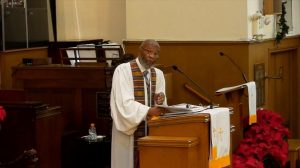
Screengrab of Amos C. Brown preaching at Third Baptist Church of San Francisco on Dec. 6, 2020.
Brown, who mentioned his great-grandfather Patrick Brown was enslaved, said that Harris’s ascension is good because for too long the U.S. has missed out by not allowing all people to sit at the table — which, Brown explained, means the country does not benefit from different perspectives, insights, and talents.
But he doesn’t think this means the U.S. is necessarily overcoming racism.
“I think it’s to the credit of the person who has emerged in office. It’s not so much to the credit of this country because this country still has a lot more to do. It is to the credit of Mr. Biden that he chose Ms. Harris,” he explained. “I just hope and pray that we will keep going and keep the faith. But we’ve had some progress before, and yet there was retrogression.”
Brown explained that the nation saw the era of racial terror that replaced the progress of Reconstruction. And Brown noted he’s lived through similar backlashes to Blacks seeking basic human and democratic rights.
Born in Mississippi, he was the same age in 1955 as Emmett Till, who was lynched that year in Mississippi. Brown responded to the murder by working with Medgar Evers to organize a youth council of the NAACP. Soon, Brown met Martin Luther King Jr. and other prominent civil rights leaders.
That year, 1955, included other racial injustices, Brown noted, like the death of Baptist preacher George Lee for registering to vote. Brown’s father followed Lee as pastor of a rural Mississippi Baptist church.
Brown fears the nation has yet to reckon with that past to make amends necessary for progress.
“We’re still dealing with that evil, that sin. And Donald Trump has been the embodiment of that with his racialized politics,” Brown said.
He said the nation won’t really make progress until we tell the truth about the racial injustices of the past. That means, he added, that “Whites first of all will confess, admit, own up to the evils that they did with enslavement, segregation, separate but equal.”
Mentioning the Bible says “judgment begins in the house of the Lord,” he particularly pointed to the problem of White churches supporting the racial injustices — like the Southern Baptist Convention forming to support slavery and Jerry Falwell Sr. leading the charge against integration. Now, Brown added, about 80% of White evangelicals voted for Trump despite his “racism, nationalism, xenophobia, misogyny.”
“Our spirituality in America is corrupt,” Brown added.
Brown also criticized politicians and pastors who politicize mask wearing and other coronavirus health measures. He argued such leaders empower and enrich themselves at the expense of other people.
“An old African proverb says: when the big elephants fight, the grass is destroyed,” Brown said. “And when you have a handful of self-serving politicians who are only interested in power, money — and they have been like the Caesars of old, the Roman emperors — when they fight to hold on selfishly to power and the resources, what happens? The grass is destroyed. The people suffer.”
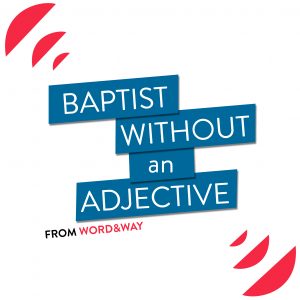 NOTE: Hear more from Brown in the latest episode of Word&Way’s award-winning podcast “Baptist Without An Adjective.”
NOTE: Hear more from Brown in the latest episode of Word&Way’s award-winning podcast “Baptist Without An Adjective.”

